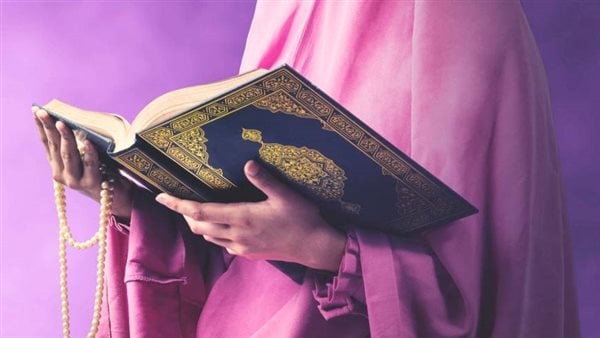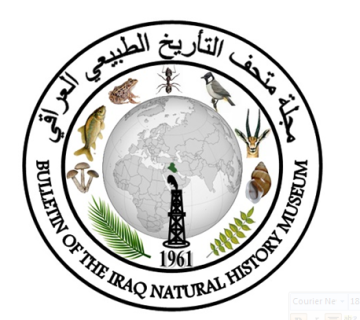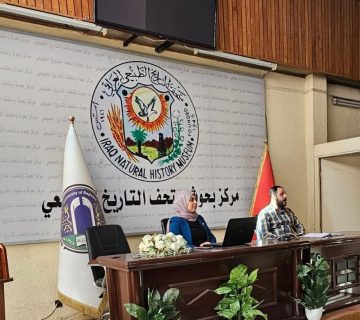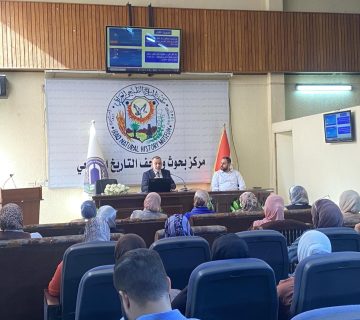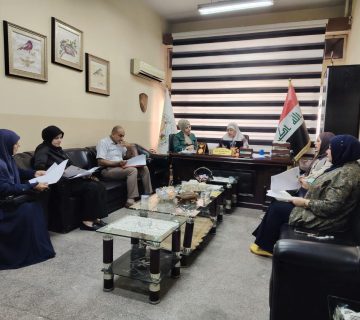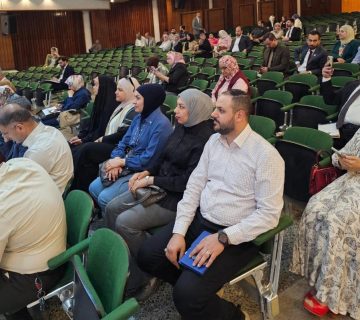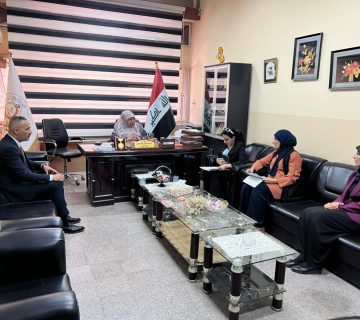The Holy Qur’an, the revered scripture of Islam, holds women in high esteem, granting them a position of dignity and respect. In contrast to the prevailing customs of pre-Islamic Arabia, which often marginalized and denigrated women, the Qur’an elevated their status and enshrined their rights. This essay delves into the Qur’an’s portrayal of women, highlighting their equality with men in spiritual matters, social responsibilities, and filial obligations.
1. Equality in Spiritual Matters: A Shared Path to Divinity
The Qur’an unequivocally affirms the spiritual equality of men and women, emphasizing that their piety and righteousness determine their standing in the eyes of God. In Surah Al-Ahzab, verse 35, God declares, “Indeed, the Muslims, men and women, the believers, men and women, the obedient, men and women, the truthful, men and women, the patient, men and women, the humble, men and women, the givers of alms, men and women, the fasters, men and women, and those who guard their private parts and men and women who remember God often – God has prepared for them forgiveness and a great reward.”
2. Equality in Social Responsibilities: Pillars of a Just Society
The Qur’an further extends the principle of equality to the realm of social responsibilities. In Surah At-Tawbah, verse 71, God proclaims, “The believing men and believing women are guardians of one another. They enjoin what is right and forbid what is wrong and establish prayer and perform zakat and obey God and His Messenger. These are the ones upon whom God will have mercy. Indeed, God is Mighty and Wise.”
3. Women as Mothers: Revered Figures Deserving Utmost Respect
Islam bestows upon women a special status as mothers, recognizing the immense sacrifices they make in nurturing and raising their children. The Qur’an repeatedly emphasizes the importance of honoring and caring for mothers. In Surah Luqman, verse 14, God states, “And We have enjoined upon man concerning his parents. His mother bore him with hardship upon hardship, and his weaning is two years. He said, ‘O my Lord, enable me to be grateful for Your blessings which You have bestowed upon me and upon my parents, and to do righteousness that pleases You, and make good for me among my descendants. Indeed, I have turned to You in repentance, and I am one of the Muslims.'”
In conclusion, the Holy Qur’an elevates women to a position of dignity, equality, and respect. It is a testament to Islam’s progressive and compassionate worldview, which views gender as a source of complementarity rather than hierarchy.

